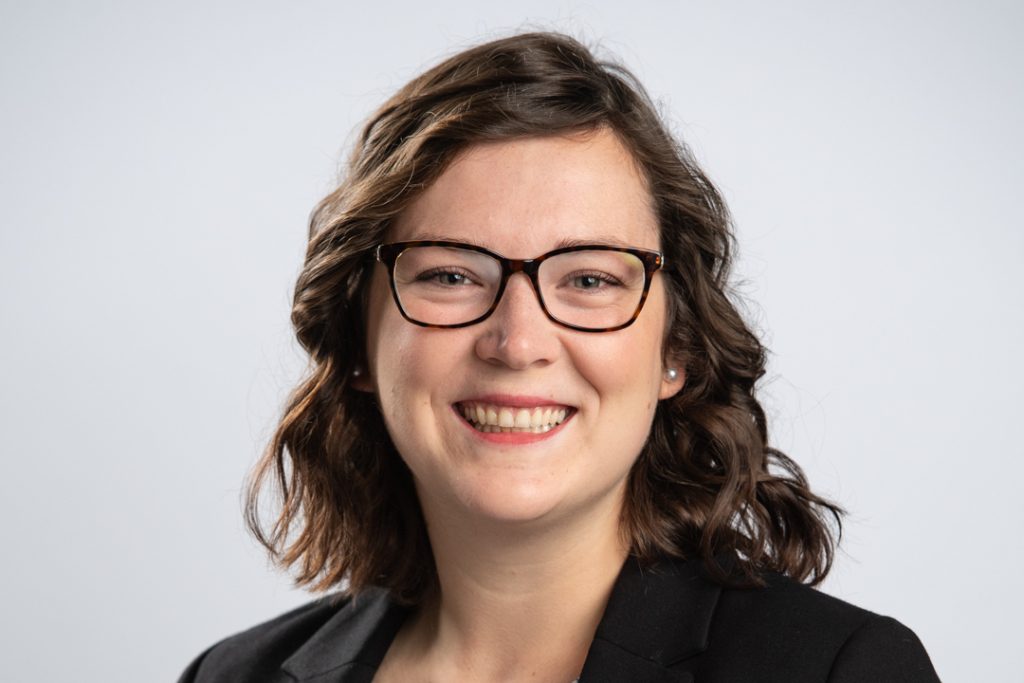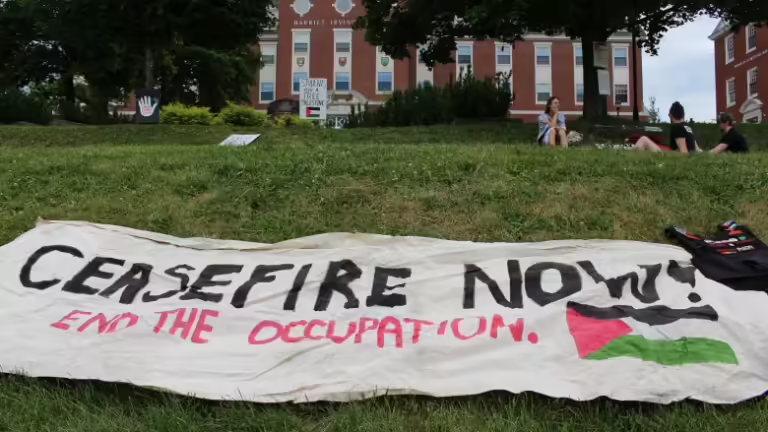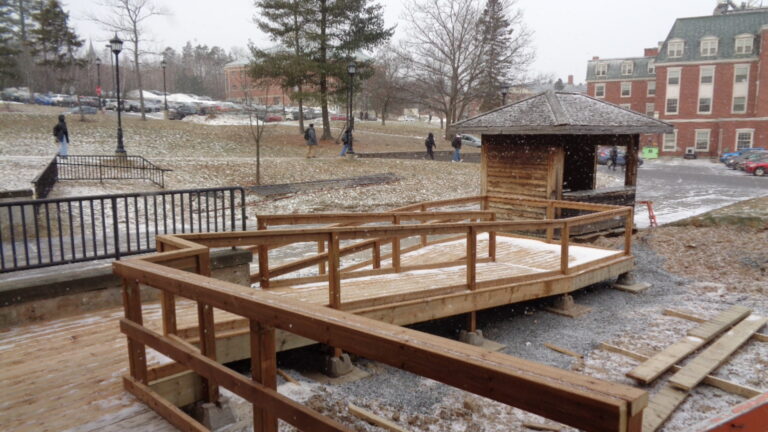The University of New Brunswick’s sexual assault support advocate has been selected to serve on the national Advisory Committee on the Framework to Prevent and Address Gender-Based Violence at Post-Secondary Institutions.
Hilary Swan, UNB’s sexual assault support advocate, was approached to be a member of this council due to her experience with Fredericton’s tri-campus area.
“They reached out to the Fredericton Sexual Assault Centre to invite the [campus sexual assault support advocate] because of the unique partnership the Fredericton Sexual Assault Centre has with the three institutions,” Swan said.
The advisory committee held its first meeting on Jan. 16. Its establishment by Maryam Monsef, minister for women and gender equality, represents the Government of Canada’s 2018 budgetary commitment to construct a framework to prevent and address gender-based violence in post-secondary institutions nationwide.
The goal of this advisory committee is to unify the services and supports available to those experiencing sexual violence across the country. According to Swan, the committee’s approach is similar to what already exists in Fredericton.
“What is beautiful in having this tri-campus strategy is that it doesn’t matter if you attend STU, or NBCC, you still have the same access to resources,” she said.
This tri-campus strategy is fairly unique among institutions in Canada. While having only been in place for four years, it is several years older than similar strategies across the country.
Swan said the approach shown in Fredericton is important on a national level because it will remove the ambiguity often involved in the process of seeking help.
“I think when it’s laid out it is a lot less intimidating for individuals that are looking to approach that system,” she said. “If they know what to expect then they can prepare for that.”
Swan explained that the survivor-focused lens is a critical aspect of the process at UNB that she hopes to carry on in her work with the advisory committee.
“We recognize that with sexual violence, often it’s so personal and it feels like a personal attack, like all of your power has been given up. We try to work from a model that is very much survivor-centered,” she said. “It involves them getting to choose what their healing looks like.”
The national committee is currently working on a draft policy and engaging with those who will interact with it on various levels, such as professors, students, administrators and counsellors.
A small number of UNB representatives were recently in Ottawa adding insight to the conversation.
Swan describes her role on the committee as one aimed toward intersectionality and inclusivity, by ensuring all voices are heard.
“My goal for right now is to bring in as many different perspectives as possible, instead of trying to represent all of these people myself,” she said.
Swan identified intimate partner violence as a specific area in which UNB’s policy is lacking, which she hopes to improve through discussion and collaboration with other experts around Canada.
“We’re looking a lot at what other institutions are doing to incorporate ideas of intimate partner violence, and what their policies are. We don’t have a formalized system quite like we do for sexual violence, or discrimination or harassment,” Swan said. “That’s an area that I’m really passionate about, and so trying to fill that gap is an area I’d like to continue exploring.”




